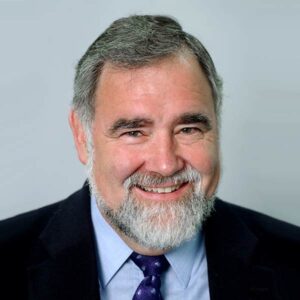© 2026 Merimna Institute
Start a career in UK {my}dentist Learn More
Start a new career in UK {my}dentist Learn More
Diagnosis and Treatment Planning in Fixed Prosthodontics
Speaker
Information

WEBINAR ANALYSIS
 Webinar Coordinator: Mutlu Özcan
Webinar Coordinator: Mutlu Özcan
Prof. Dr. Dr. h.c., PhD
EPA Honorary Secretary
Lectures:
Prognosis of teeth: What is a secure, a doubtful and a hopeless tooth?
Decision making process on tooth extraction
Prof. Giovanni Salvi
Despite advanced loss of periodontal tissue support and a pretherapeutic questionable prognosis, single- and multirooted teeth can be successfully treated and used as abutments for tooth-supported fixed dental prostheses. The outcomes of initial non-surgical periodontal therapy with or without the adjunctive use of systemic antibiotics are well documented. In addition, if indicated, regenerative or resective surgical procedures may be performed to improve periodontal tissue support or eliminate plaque-retentive areas, respectively. Moreover, outcomes of several studies indicated that in periodontally compromised patients the survival and success rates of oral implants and their restorations were not superior compared with those of natural teeth and their restorations. Hence, the long-term prognosis of dental implants in periodontitis susceptible patients is not more favourable compared with that of teeth following successful periodontal therapy and prophylactic tooth extraction must be questioned.
With the documentation of several clinical cases, the present webinars will summarize current scientific evidence indicating the limits for conservation and the indications for extraction of periodontally compromised teeth.
Lecture: When does an implant reconstruction have priority over a reconstruction on natural teeth?
Niklaus P. Lang
Professor emeritus University of Berne, Switzerland
In the latest two decades, oral implants have revolutionized reconstructive dentistry. Implants are chosen a) to improve subjective chewing comfort, b) to preserve natural tooth substance and existing satisfactory reconstructions and c) to replace strategically important missing teeth. Implants should now be installed after diligent treatment planning. It is not the number of inserted implants that guarantees a successfully completed treatment plan, but the concept that the sequellae of oral diseases represent the sequellae of opportunistic infections and hence, these have to be controlled before implant abutments are installed.
The presentation will focus on a comprehensive treatment approach where implants will be considered to simplify rather than to complicate the reconstruction of the periodontally compromised dentition. Based on the evidence available from systematic reviews on the longevity of reconstructions, appropriate tooth or implant supported reconstructions will be chosen fulfilling the patients’ needs for individually optimal function and esthetics.

